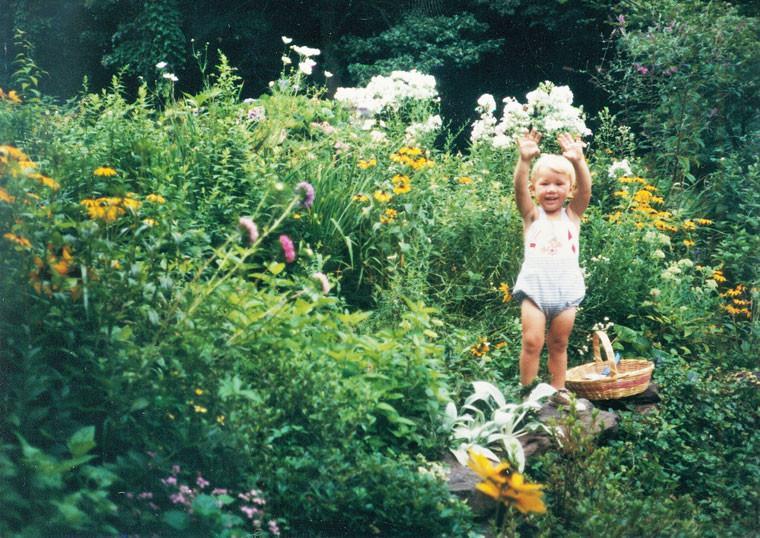News
Why You Should Let Kids Take Care Of Your Garden


Photo by Sandy Henning
No matter if you're one of those parents who is helping kids with their homework or not, chances are, you want to do everything you can to help them learn and develop, and reach their full potential. Figuring this out makes parenting even more difficult than it already is, but thankfully, there's a simple activity that's just right for the job - gardening. Having an indoor garden not only reduces stress, improves your mental health, makes you happier and more productive, but the process of gardening can also be a valuable teaching tool for anything from natural sciences and nutrition, to math and arts, and even the bigger concepts of life.
Increased Performance In School

Caring for plants teaches children everything from basic skills to bigger concepts of life, without it feeling like another schoolwork
It is often talked about amongst school kids and parents that the academic subjects are difficult to understand and relate to, and that they often don't have a real-life application. Gardening puts them into practice, especially for the younger school children - there's mounting evidence that students who participate in school gardening score significantly higher on standardized science achievement tests (Klemmer, et.al. 2005).
The key here is to support the kids through the experience, but let them be in charge - figure out when and how to sow the seeds, how long does it take for the plant to germinate, what needs to be done then, how to maintain it, how to harvest, how to transplant...it's a science on its own. And thanks to not having to sit in a classroom, go through chapters of text and do homework, it won't even feel like learning.
Increased Environmental And Social Responsibility

Our logistics manager's daughter Viktoria helping plant trees
If you are aware of the environmental issues the society is facing today, you will know how increasingly important it is for us to teach our children about the connection between nature and our actions. And through gardening, they actually live this connection through.
"When children learn about water and energy cycles, the food chain, and the peculiar needs of individual species, and when they feel a sense of connection to a certain species or individual plant, they have a reason to care about all the forces that impact that plant’s future. A garden offers many occasions for achieving insight into the long-term human impact on the natural environment. From the water shortage to the over-use of pesticides, children who engage in gardening have first-hand opportunities to observe the importance of conservation and intelligent allocation of resources."
Healthier Habits

Through keeping the focus on home-grown food since early childhood, it is possible to make kids reach for fresh produce before fast food
When kids nurture a head of lettuce from start to finish, they make sure to eat it too, even if they normally avoid any and all greens and vegetables at all costs. The reason for this is simple - they have been invested in the process of creation of the food from sowing the seeds to nurturing the plant through its growth, and eventually - harvesting it, making them curious about the result of their hard work. And if they grow a plant they don't like the taste of, they have thousands of other plants to choose from!
Getting children used to growing food from a young age makes including fresh produce in their diets a subconscious habit, and increases their knowledge of nutrition. Trust us, even if they can't pronounce the word "antioxidants", they will remember that there's many little soldiers in their home-grown basil, fighting off diseases and colds, and making them as beautiful as mommy and daddy. And if they're into candy, they'll go crazy over munching on fresh stevia leaves.
As you can see, growing plants should be a part of your kid's life no matter their age. So for this school/kindergarten summer break, we'd like to encourage you to introduce your children to gardening - even if it's 1 plant indoors that they'd grow. Pick the seeds together, gather all the materials, choose the spot and let them nurture the plant throughout its life cycle (with your support, of course). And if you're afraid of the mess or some other things, an indoor gardening kit will work just as well.
------------------
Have anything to add to the story? Let us know in the comments below or raise a discussion on our community forum!
Referenced from Tampa Bay School Gardening Network